Federal Reserve Chairman Jerome Powell said he will not resign from his position if President-elect Donald Trump asks him to.
In a news conference on Thursday, Powell responded to Politico economics correspondent Victoria Guida's question about Trump's advisers suggesting he should resign. Trump appointed Powell in 2017, but the two have clashed repeatedly.
"No," Powell responded to the question "if he asked you to leave, would you go." Guida asked for a "follow up," on whether Powell thinks "legally you're required to leave." He again simply responded "no."
Prior to the question, Powell said he was "not going to talk about anything that relates directly or indirectly to the election."
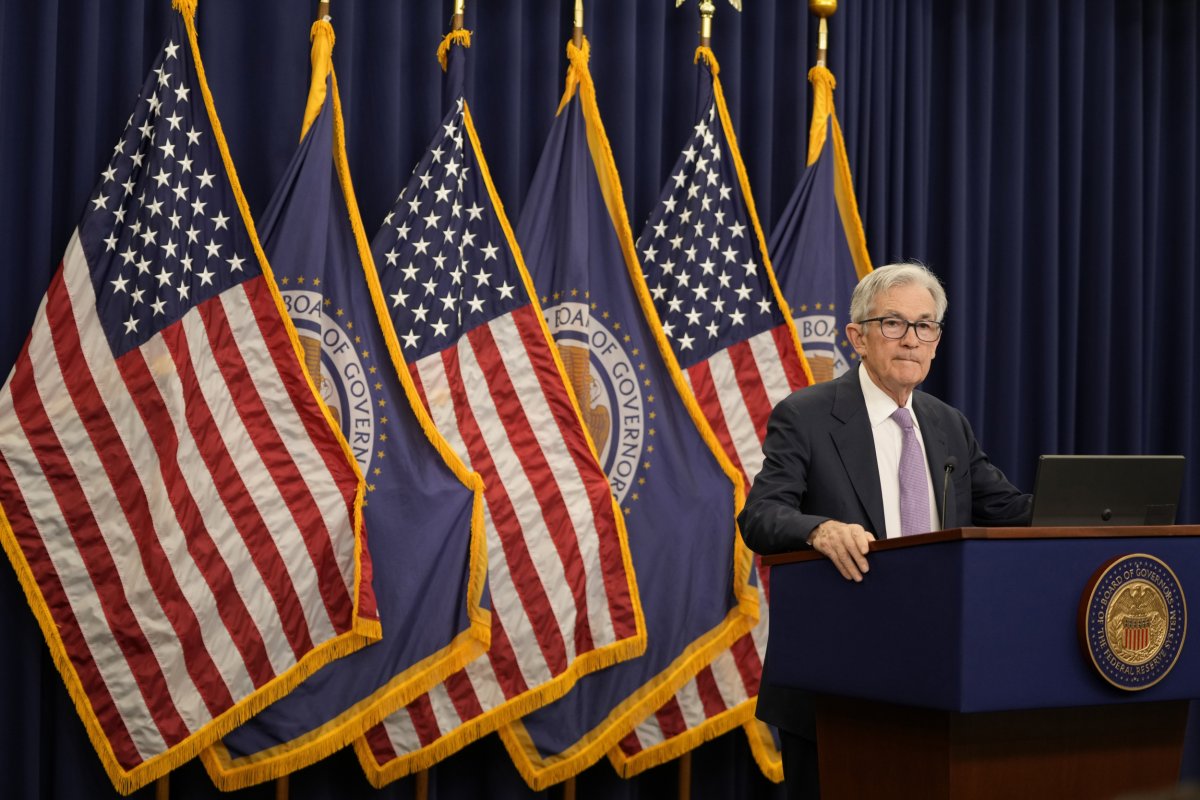
After appointing Powell as chairman, Trump had said "he's strong, he's committed, he's smart."
During Trump's first term, tensions ran high between the administration and the Fed, especially as Trump frequently criticized rate hikes in 2018. He even considered firing Powell, though many legal experts viewed it as beyond presidential authority. The Fed eventually reversed course, cutting rates in 2019, months before the COVID-19 pandemic scrambled the U.S. economy.
But in 2020, at the start of the outbreak, Trump said that the central bank was behind its global peers in the fight to come back, saying that "they're following not leading, and we should be leading." The Fed enacted an emergency interest rate cut of 50 basis points, opening up to $1.5 trillion. It started to buy government debt across the yield curve, as well.
"I have the right to remove him," Trump said at the time. "No, I'm not doing that," Trump said. "I also have the right to put him in a regular position and put someone else in charge, and I haven't made any decisions on that."
When President Joe Biden reappointed Powell to a new term, Trump's skepticism grew. As the economy has gradually improved, Trump has refrained from crediting Powell for the gains. The omission may represent a missed opportunity for Trump's campaign to claim a measure of economic success.
Earlier this year, Trump accused Powell of planning to cut interest rates to help Democratic politicians win elections. Trump has said that he would not reappoint Powell if elected to a second term. Powell's term ends in 2026.
Trump told Bloomberg in July that he would not fire Powell, though, "especially if I thought he was doing the right thing." He has suggested that, if reelected, he should have the power to influence interest rate decisions directly—an idea that represents a significant departure from the well-worn tradition of central bank independence.
"I don't think I should be allowed to order it, but I think I have the right to put in comments as to whether the interest rates should go up or down," Trump told Bloomberg News at the Chicago Economic Club on October 15.
Powell focused the majority of his press conference on Thursday on how the "economy is strong overall" and has made "significant progress" over the past two years. The labor market has cooled and has remained solid, he said. Inflation has "eased substantially" from 7 percent to 2.1 percent, as of September.

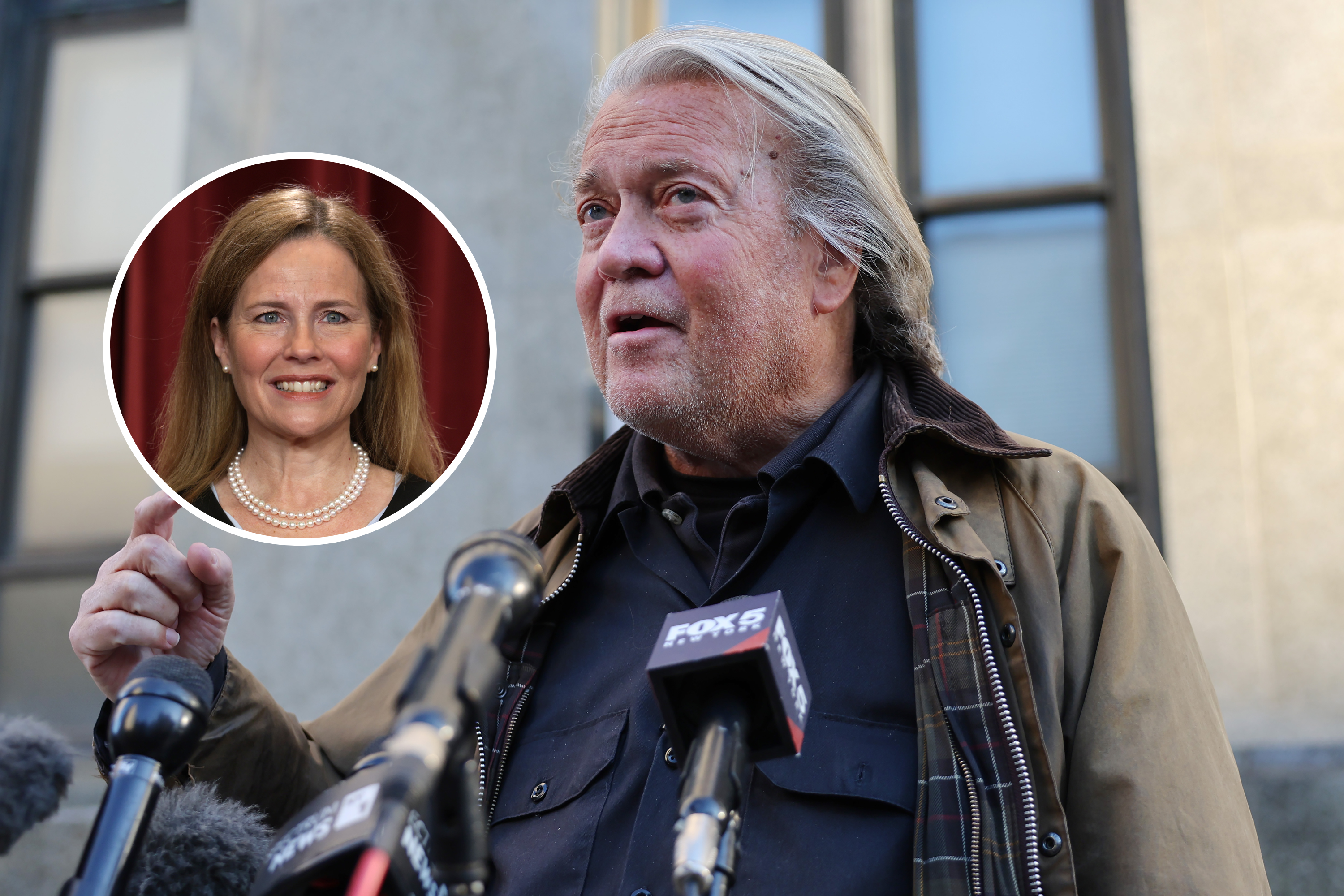


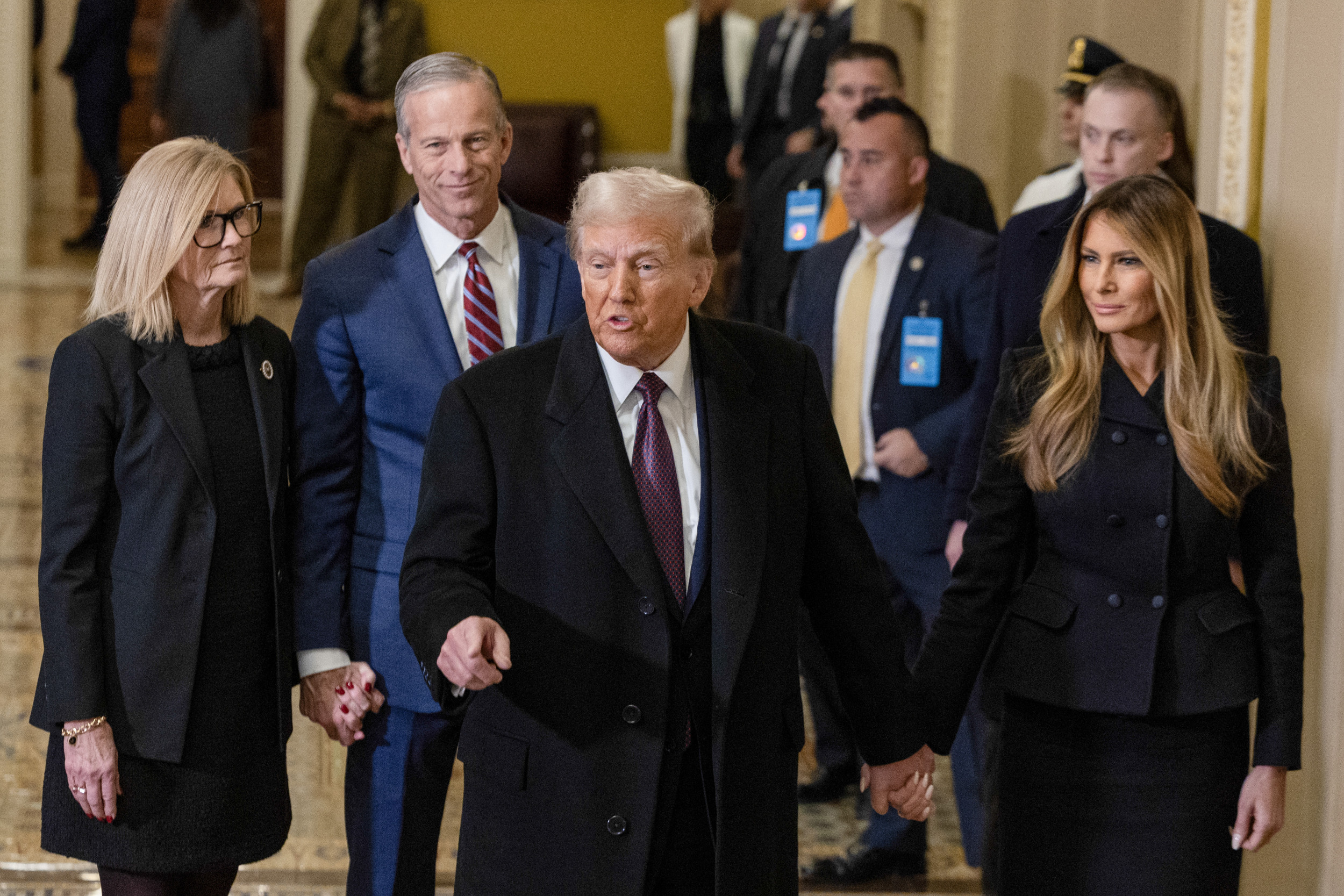


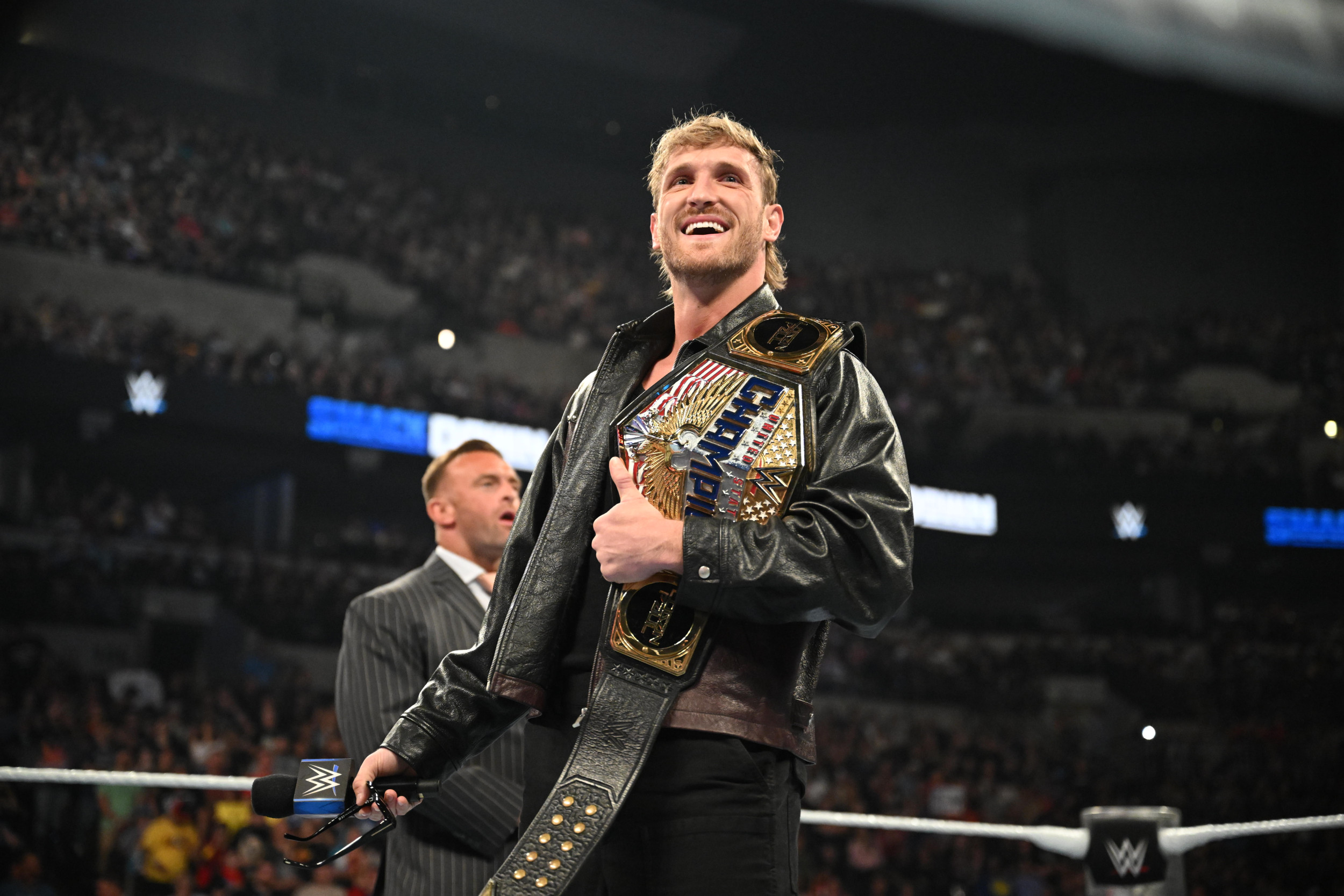


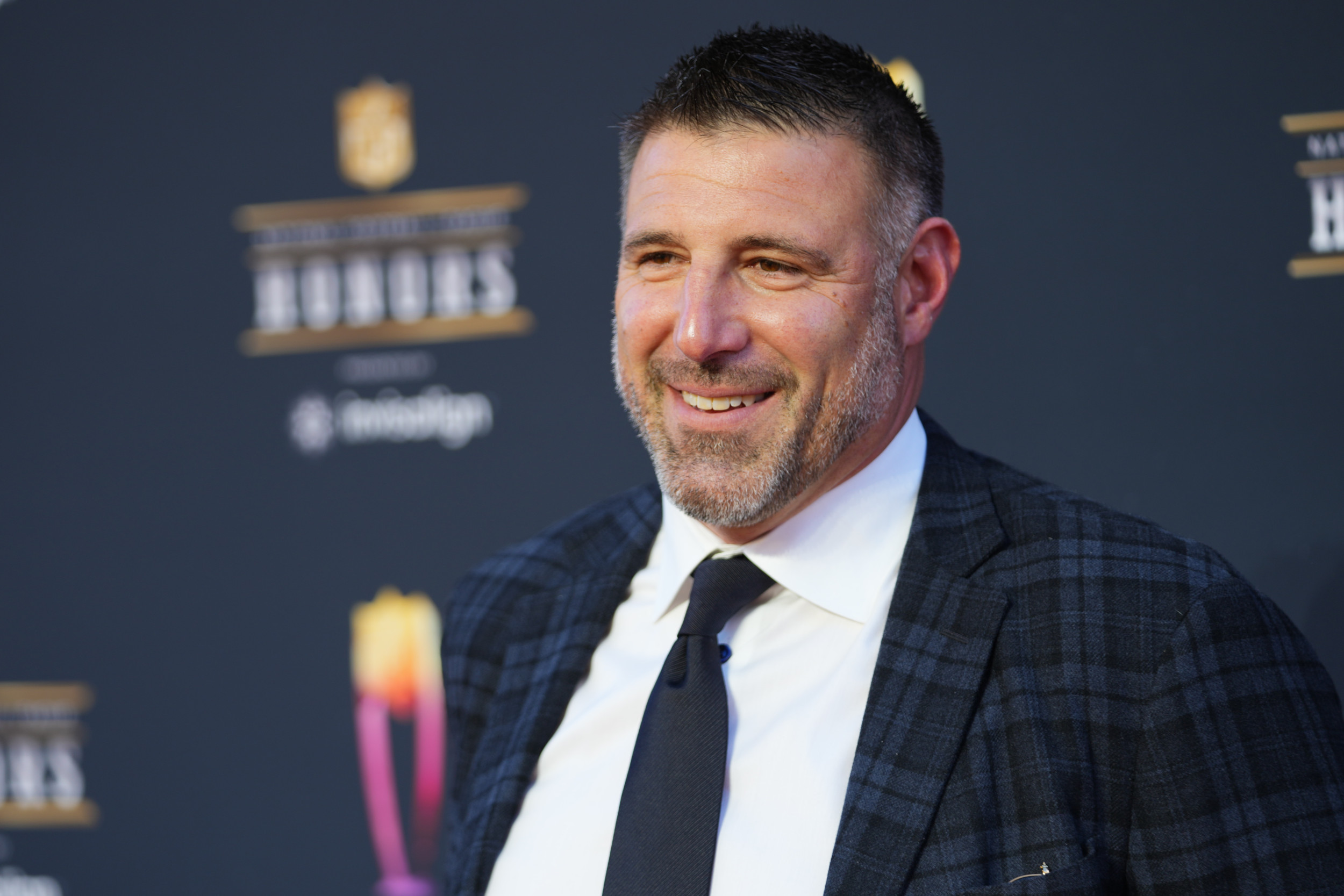
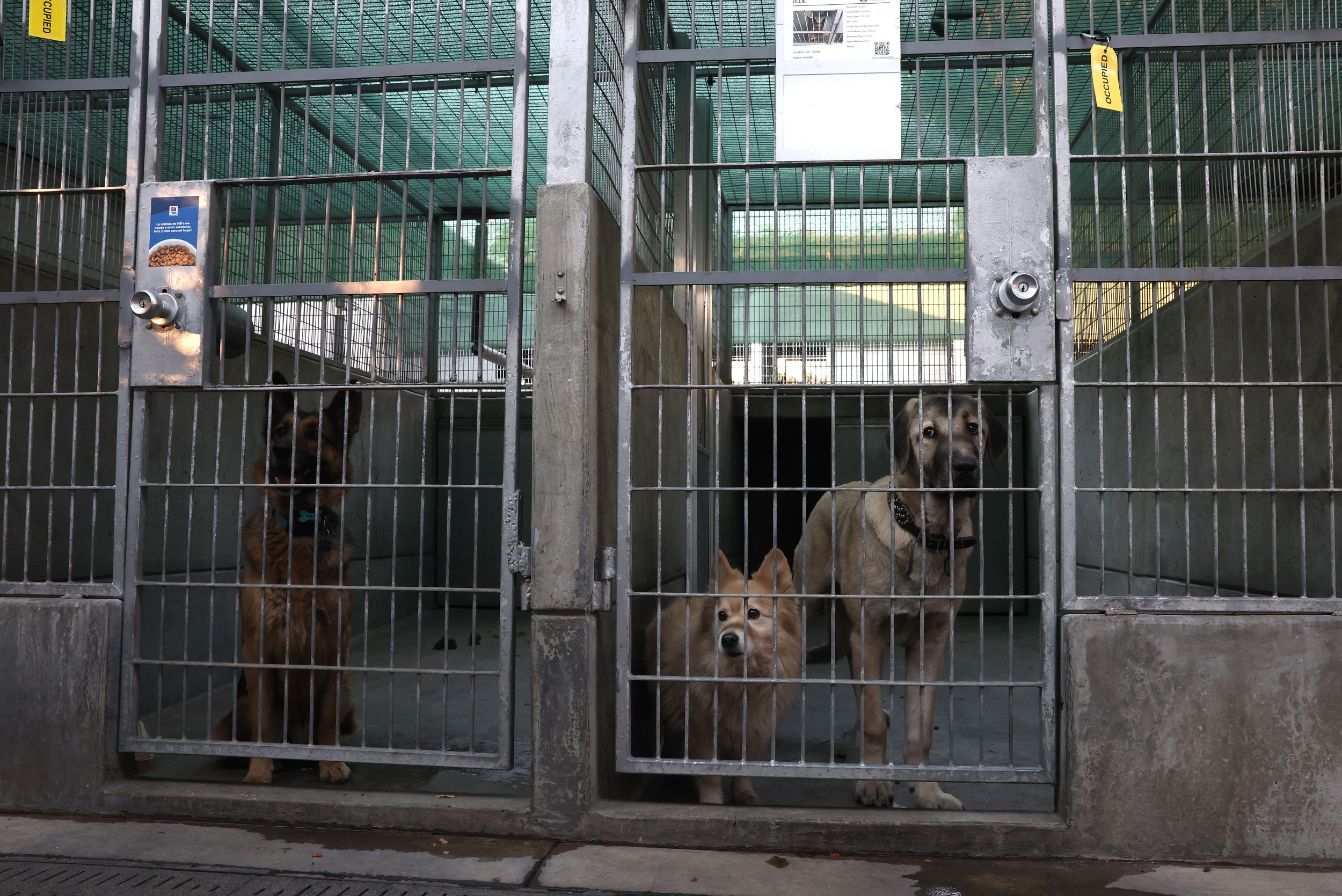








 English (US) ·
English (US) ·